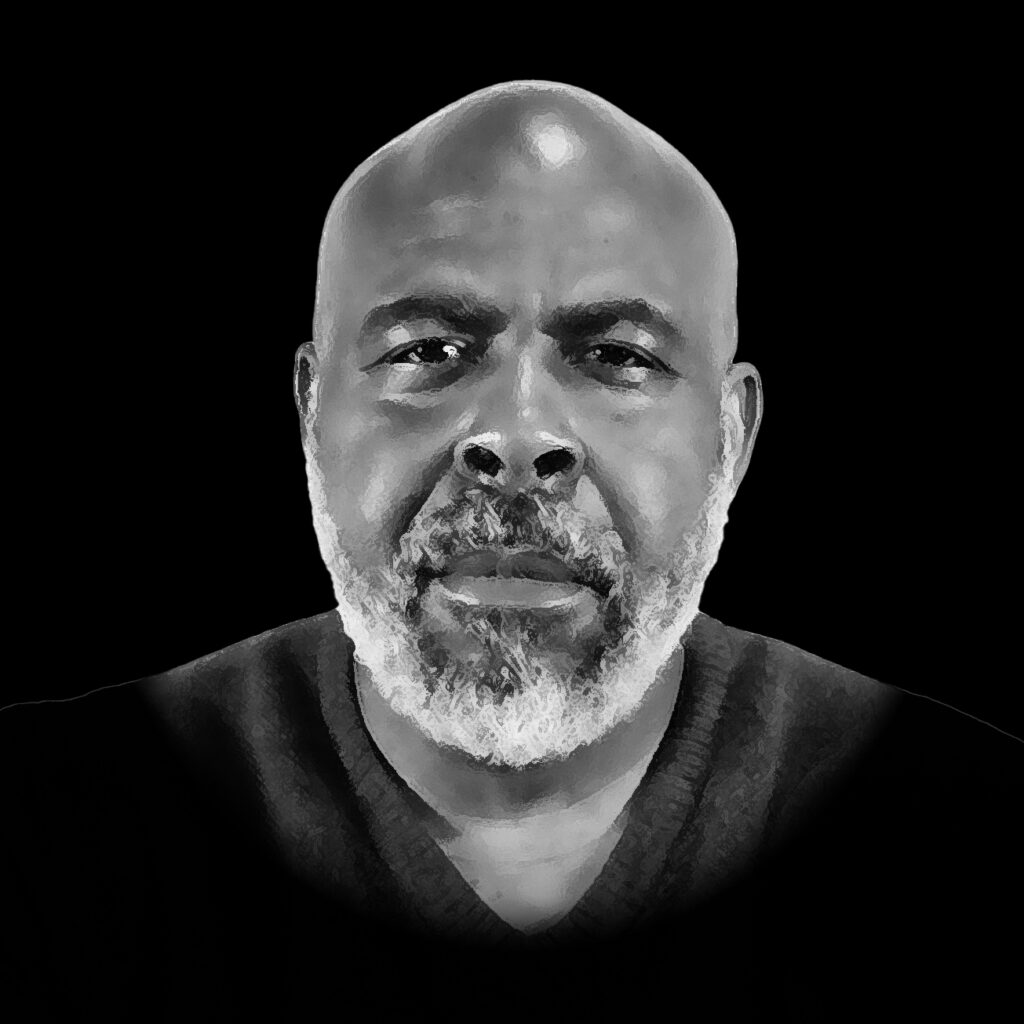Today, I want to dive into a question that many of us face at some point in life: What does it mean to be valuable? And more specifically, valuable to whom? I recently had an interesting conversation with a woman who shared a feeling that as she’s getting older, she feels like she’s lost her value.
Your Value
She was talking about how, in some circles, this feeling is referred to as hitting “the wall”—a time when others don’t see you the same way anymore. But this idea raises a deeper question: Why does anyone feel like they’ve lost value? And is this experience unique to women? She went on to say that men don’t experience this in the same way.
That stuck with me because, while it may look different on the surface, we all experience a sense of loss in value at some point. But if we look deeper into this, I believe we have to ask one fundamental question: Valuable to whom?
The Insurance Claim Analogy: What Determines Value?
I help settle insurance claims and negotiate values, which often involves determining the worth of items, like automobiles, that have been damaged or lost. It’s in these situations that I see how value is determined—not by the item itself, but by what someone is willing to exchange for it.
Let’s say you have an older vehicle. It might be in good condition mechanically but the outside might be a bit worn. When you take it to the market, its value may be assessed at $2,000 based on comparable vehicles with similar mileage and condition. But here’s the catch: for you, that car might be worth far more. You rely on it for transportation, it gets you where you need to go, and it serves your purpose.
This disconnect is where things get interesting. Someone else might say it’s only worth $2,000 in the market, but for you, it’s priceless—it’s a tool for your daily life. And that’s where we often find ourselves when we think about our value as people. We let external forces, such as the market or society’s standards, define what we’re worth.
The Market: Defining Value in Terms of Transactions
We often look to external validation to measure our worth—whether it’s from a relationship, a job, or societal standards. This is where the concept of market value comes into play. In the market, items are assigned a value based on transactions and what others are willing to pay for them. But the question becomes, is your value determined by the market?
If you think your worth comes only from what others say, then you may find yourself constantly struggling to meet external expectations. But this way of thinking can trap you, leading you to feel like you’ve lost your value when those around you stop seeing you in the same way.
The Two Types of Value: External vs. Personal Worth
Here’s where we get to the crux of it. When we look at value, we can break it down into two types: external value (the market) and personal value (what it means to you).
When people talk about “the wall” or hitting a certain age, they’re often referencing external value—the way society sees you. This external value is subject to change, and it’s something that, frankly, you can’t control. But personal value is different. This is the worth you place on yourself. It’s not about how others see you, but about what you bring to the table.
Here’s the thing: external value can be fleeting, and it’s always subject to change. The market shifts, societal norms evolve, and what’s considered valuable can change overnight. But your personal value doesn’t have to depend on any of that.
The Power of Knowing Your Worth
This leads us to the most important question: How do you perceive your own value? The first step is understanding that you have value simply because you exist. You are a human being, and that alone gives you worth.
Beyond that, we all have unique gifts and talents—things that make us different from others. You can choose to develop these talents and build on them, making yourself more valuable in specific areas. Or you can let others dictate your worth, leaving you constantly seeking approval from external sources.
If you allow others to define your value, you’ll always feel like you’re not enough. But when you take control of your own sense of self-worth, things become much clearer. You’ll start to recognize that your true value comes from within.
Internal vs. External Validation
Let’s tie this all together. In the area of relationships—whether it’s with yourself, with others, or within the world at large—value is a huge topic. If you let external validation dictate your worth, you’ll always feel like you’re at the mercy of other people’s opinions. And trust me, that path doesn’t lead to a fulfilling life.
At some point, you need to shift your mindset and recognize that true value comes from within. When you know your worth, you stop relying on others to validate you, and you start seeking out the environments and relationships that appreciate and respect you for who you are.
The Bottom Line: Know Thyself
So, what’s the solution? It all starts with knowing who you are. You have to know yourself—your strengths, your weaknesses, what you’re capable of, and what you want out of life. When you truly understand yourself and your value, the opinions of others don’t have the power to shake your foundation.
You don’t need to fit into one specific market to be valued. There are countless markets, just as there are countless ways you can bring value to the world. What’s important is finding the space where you’re appreciated for who you are.
At the end of the day, the most valuable thing you can do is to take control of your own value. Own it. Don’t let anyone else decide what you’re worth. Once you do that, things start to shift in your life. You’ll see things more clearly, and life will get a lot easier.


